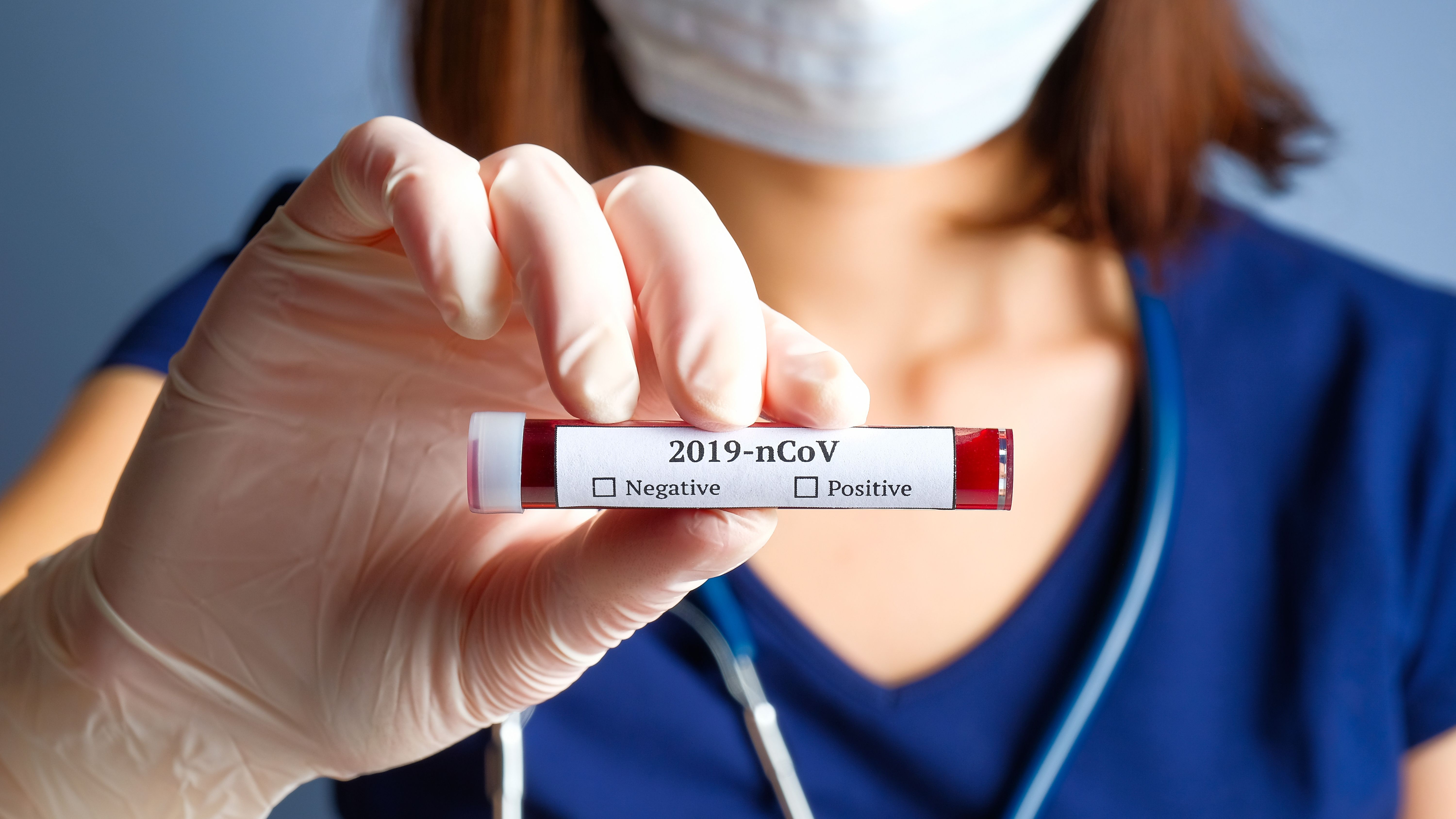- Clinical Technology
- Adult Immunization
- Hepatology
- Pediatric Immunization
- Screening
- Psychiatry
- Allergy
- Women's Health
- Cardiology
- Pediatrics
- Dermatology
- Endocrinology
- Pain Management
- Gastroenterology
- Infectious Disease
- Obesity Medicine
- Rheumatology
- Nephrology
- Neurology
- Pulmonology
Phase I Trial Results Show Moderna COVID-19 Vaccine Produces Immune Response
Early data released by the drug maker Moderna showed that their candidate vaccine for COVID-19 generates an immune response like the response seen in COVID-19 survivors.
Image: ©photoguns/stock.adobe.com

Early data suggest a candidate vaccine for coronavirus disease 2019 (COVID-19) developed by the drug maker Moderna generates an immune response like the response seen in patients who have been infected and recovered from COVID-19.
In a phase 1 clinical trial led by the National Institute of Allergy and Infectious Disease, 8 patients who received 2 doses of the vaccine—messenger RNA (mRNA)-1273—at the lowest and middles doses (25 and 100 µg) developed neutralizing antibodies to SARS-CoV-2 at levels similar to those who had recovered from infection.
“These interim Phase 1 data, while early, demonstrate that vaccination with mRNA-1273 elicits an immune response of the magnitude caused by natural infection starting with a dose as low as 25 µg,” said Tal Zaks, MD, PhD, chief medical officer, Moderna, Inc., Cambridge, Massachusetts, in a company press release. “When combined with the success in preventing viral replication in the lungs of a pre-clinical challenge model at a dose that elicited similar levels of neutralizing antibodies, these data substantiate our belief that mRNA-1273 has the potential to prevent COVID-19 disease and advance our ability to select a dose for pivotal trials.”
These interim Phase 1 data, while early, demonstrate that vaccination with mRNA-1273 elicits an immune response of the magnitude caused by natural infection starting with a dose as low as 25 µg.
The study, which began enrollment in Seattle, Washington in March, enrolled 45 healthy adults aged 18-55 years over approximately 6 weeks who received either 2 doses at the 25 µg or 100 µg level or 1 dose at 250 µg. The first participant received the investigational vaccine on March 16, 2020.
Participants who received 2 doses of 25 µg developed binding antibodies at levels consistent with those seen in the blood of patients who have recovered from COVID-19. Participants who 2 doses of 100 µg had binding antibody levels that “significantly exceeded” the levels seen in the blood of COVID-19 survivors, the press release noted.
The mRNA-1273 vaccine was generally safe and well tolerated, with a safety profile consistent with that seen in prior Moderna infectious disease vaccine clinical studies, according to the company release.
A Phase 2 trial has also been given the go-ahead by the US Food and Drug Administration and Moderna expects to start Phase 3 trial initiation in July. The results have not been peer reviewed or published in a medical journal.
“With today’s positive interim Phase 1 data and the positive data in the mouse challenge model, the Moderna team continues to focus on moving as fast as safely possible to start our pivotal Phase 3 study in July,” said Stéphane Bancel, chief executive officer at Moderna, in the same press release. “We are investing to scale up manufacturing so we can maximize the number of doses we can produce to help protect as many people as we can from SARS-CoV-2.”
For more COVID-19 coverage for primary care, visit our COVID-19 Resource Page.
No Rx Required for COVID-19 Vaccination But ACIP Calls for Better Informed Consent Process
September 22nd 2025The ACIP on September 19 narrowly voted against requiring a prescription to get the shot but urged more detailed discussion of vaccine risks during shared decision making conversations.
